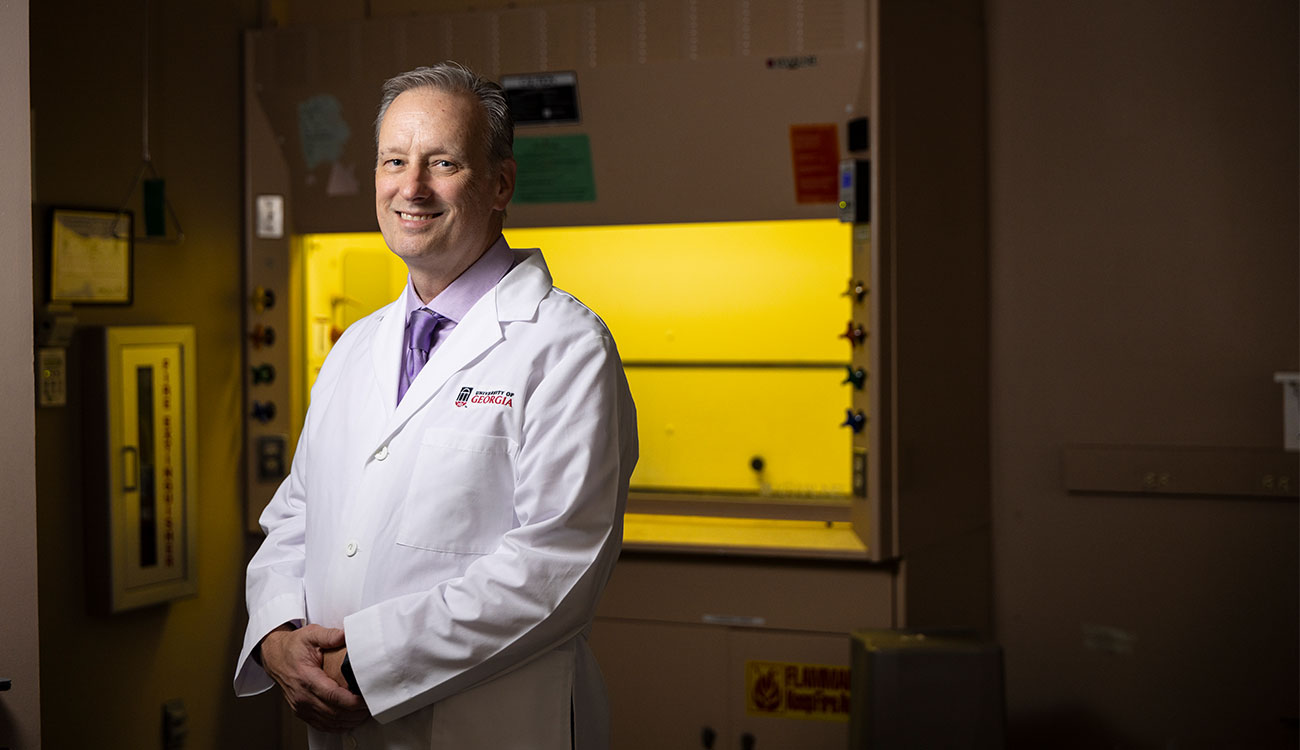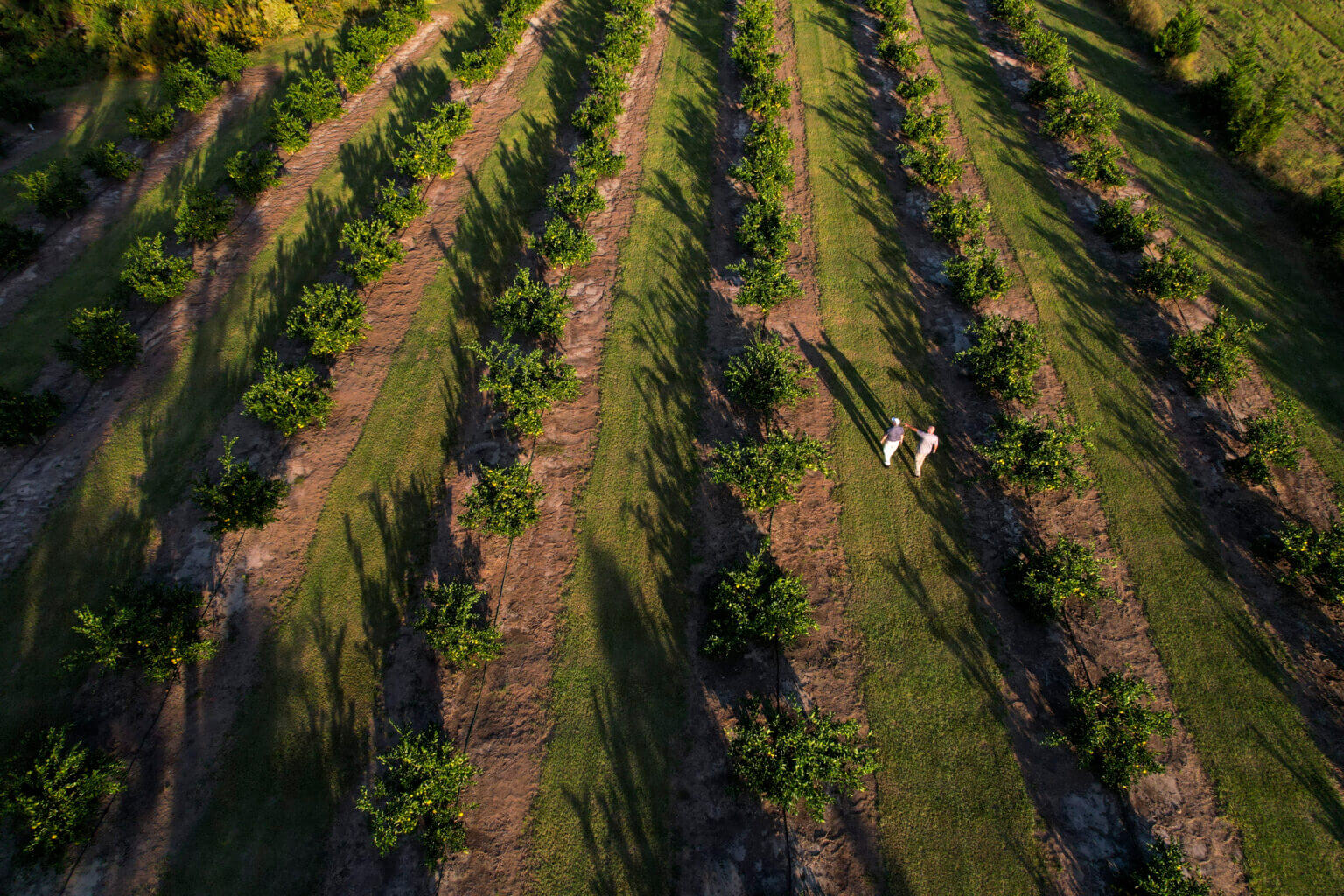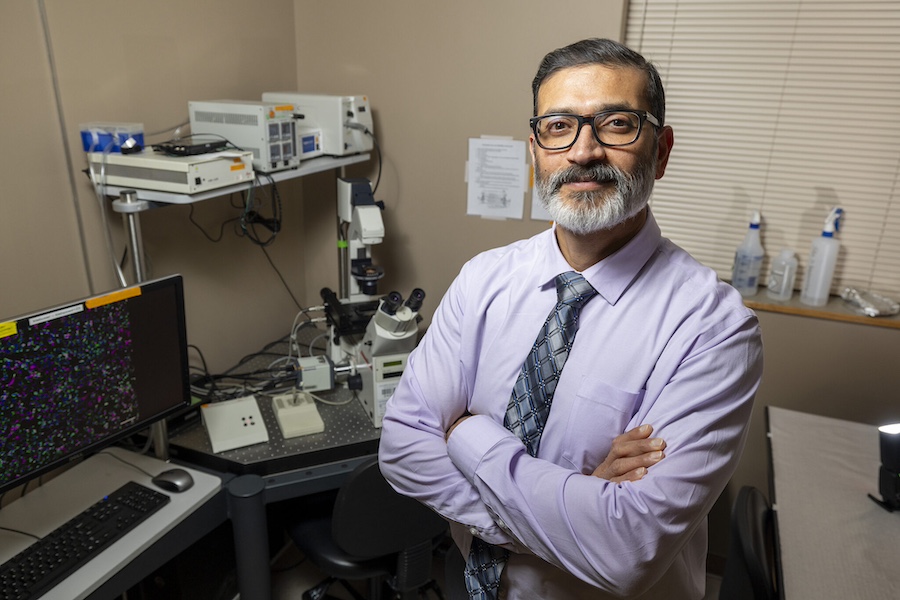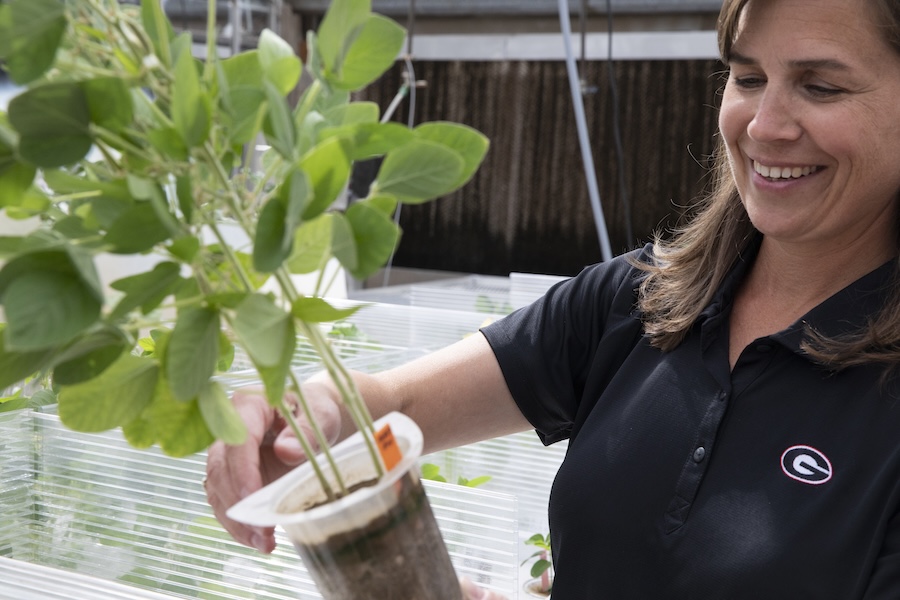University of Georgia
They look like pinecones with feet. But the baby quail, pheasants and chukar partridges that wobble around the University of Georgia poultry science farm in Athens will help save game birds everywhere.
Coccidia parasites can decimate a generation of farm-raised birds. In Pennsylvania, Wisconsin, Illinois and Iowa, where large numbers of pheasants and chukars are raised, farmers report a 50 percent loss in severe outbreaks, said Larry McDougald, a poultry parasitologist with the UGA College of Agricultural and Environmental Sciences.
Birds that survive an outbreak typically don't grow as large as uninfected birds.
McDougald has spent 30 years studying coccidiosis, the disease caused by coccidia, in chickens and turkeys. “The problem with parasites was brought under control in chickens,” he said.
He now wants to help game birds. And the North American Game Bird Association and the Midwest Poultry Consortium have provided funding to control the parasites in their industry, he said.
Just like dogs and cats get sick from different germs than humans, different parasites affect different kinds of birds. A vaccine developed to fight coccidiosis in a chicken, for example, wouldn’t help pheasants, chukars or quail.
But a vaccine developed for each of these top game birds would work. It would also save farmers money. McDougald and molecular biologist Robert Beckstead, also with CAES, are guessing that each bird will have two to three important parasites.
A vaccine is the long-term goal. The first step in their work will be to identify which coccidia are most deadly for quail, pheasants and chukars. They will then identify parasite-controlling drugs for more short-term relief.
To do the testing, they’re using technology Beckstead is an expert in – polymerized chain reaction. It can quickly identify the parasites they’re seeing in the field.
“Until now, the only way to tell was to infect a bird,” Beckstead said. “Through PCR, we’re reducing times and also reducing the number of birds used in the study.”
By developing vaccines and treatments to control parasites in farm-raised birds, they can also help reduce the potential for wild birds to become contaminated with coccidiosis, Beckstead said.
The UGA researchers are getting help from undergraduate and graduate UGA students, a veterinary scholar from Iowa State University and two high school students in the summer Young Scholars Program. Researchers from North Dakota State University, Iowa State and Pennsylvania State University will send samples and help with grant applications.
Georgia farmers don’t raise many pheasants or chukars. But they do raise quail. Last year, farm-raised quail production in Georgia was worth $31 million, four times more than it was seven years ago, according to the recent UGA Georgia Farm Gate Value Report. The jump is due to the decline of the wild quail population, which has faded in recent decades because of land development and reduction of their habitat.
The birds are raised for specialty food markets as well as hunting.
“Game birds are a growing industry,” McDougald said. “Some people are raising several million birds per year. They get more for those than for chickens. It’s a good cash crop.”
(Stephanie Schupska is a news editor with the University of Georgia College of Agricultural and Environmental Sciences.)




.jpg)

